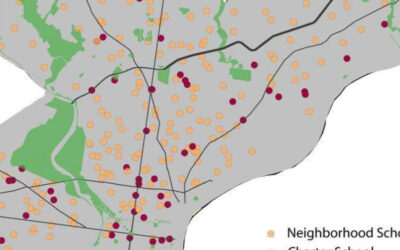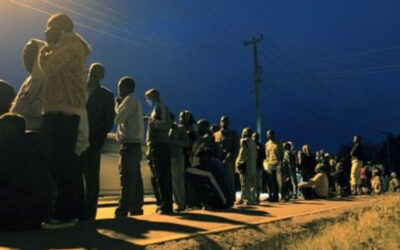Readmission Policy and State-NGO-Funder Relations in Malawi
Rachel Silver, 2018
Abstract: Within the anthropology of development, a rich body of work highlights the unintended—and gendered—consequences of development interventions. According to Mosse (2004), however, fewer anthropological studies explore the mechanisms through which relationships of power and authority are shaped and transformed among international development organizations, state, and non-state actors, and how these relationships then influence development policy and practice. In this paper, I draw on the anthropology of policy (Shore, Wright, and Pero 2011; Sutton and Levinson 2001) to explore power in development through one ethnographic case—the 2016 review of Malawi’s 1993 Readmission Policy. Readmission Policy, the first of its kind in the region, banned the permanent expulsion of pregnant girls from school. In Malawi, as in much of the world, schoolgirl pregnancy is a deeply contested social and moral issue. By focusing on the diverse actors involved in the government-led, and foreign-funded, policy review, I complicate scholarship on the African developmentalist state that highlights its weakening in relation to funders and NGOs. I show how state disempowerment in Malawi was not wholesale, even as aid bypassed the government. Rather, officials in Malawi’s Ministry of Education, Science, and Technology (MoEST) shaped the policymaking process in strategic and subtle ways. With “nothing but time,” MoEST actors controlled the pace of policy reform. They defined the parameters of legislative possibility around student sexuality. Attention to this creative leveraging can uncover shifting dynamics in development and state/NGO/funder relations that would be invisible in discourse analysis of official reports.
Link to AN article based on the winning paper can be found here.



